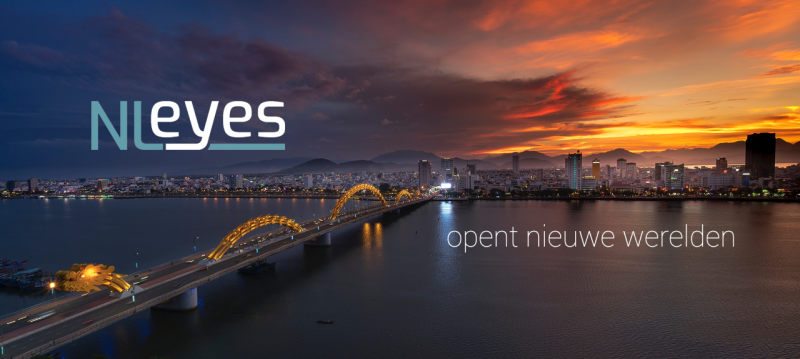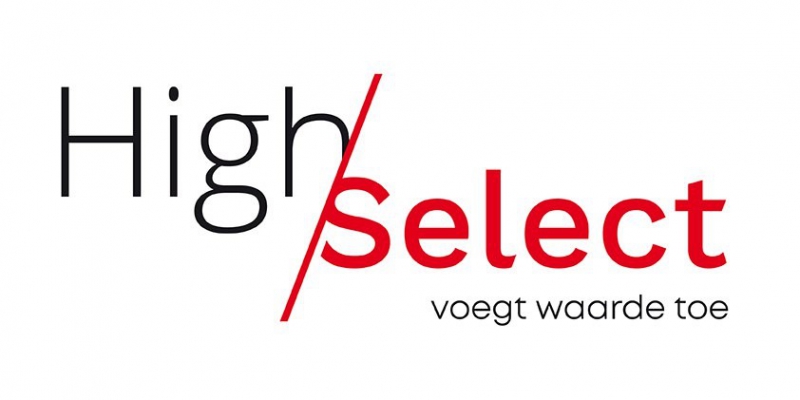Want to know
how a Russian girl from Siberia experiences the Radboud University and the
Netherlands?
Ekaterina Matveeva, commonly called Kate, is a twenty
year old exchange student from Krasnoyarsk, Russia. Back home, she studies
Marketing & Management and is now doing several courses in Nijmegen. She
said she would love to talk about how she perceives the Radboud University and
the Netherlands and how they are different from what she is used to.
So Kate, how
did you end up in Nijmegen?
'I am here by this exchange program, especially for
Russian students, called Eranet. It is like Erasmus, but technically, I live in
Asia and not in Europe, so I couldn't use that. With this program, I could
choose between three countries: Poland, Slovakia and the Netherlands. I chose
the Netherlands because the Radboud University website had way more information
and structure to offer than the other websites. For example, I could choose
classes from any department I liked. Though I can't say I had always wanted to
go to the Netherland. I had never even thought about it a lot, but it just
seemed so wonderful.'
When you
eventually arrived in Nijmegen, what were your first impressions?
'When I arrived here in August, we first had an
orientation week for international students. My first impression was that you
guys party a lot. Every night we had a party, every day we had activities, it
was so exhausting. In Russia, we had maybe two parties per semester and that
was still a lot for me. But still, the orientation was great because we could
get to know everything and everyone, and after the week, we had enough time to
catch up some sleep.'
What do you
think about the university?
'I like the university a lot, but not because of the facilities. They are
good. I mean you have a great library and a very big sport centre but I
especially like it because of the people. Everyone is doing something, everyone
is in some kind of organization or community, everyone does way more together
than in Russia.'
How is daily
life different from the Russian way?
'Especially the little things are different. For
example, when I'm in the super market everyone talks Dutch to me. It is kind of
annoying to explain time after time that I don't speak Dutch but I get used to
it. A funny thing that is way different in Russia is the post office. In
Russia, a post office is a big building with all kinds of facilities in it, but
yesterday, when I was searching all over Nijmegen for it, I couldn't find it
anywhere. I eventually ended up in a super market, the Coop, where all I could
find was one desk. I asked: 'Where is the post office?' The woman behind the
small desk answered: 'This is it!' It was a small culture shock to find out
those big post buildings don't exist here!
Another culture shock was when I went to the movie theatre here.
Everything was OK, we were enjoying the movie. Then suddenly, we had a break! I
thought, why would you need a break when watching a movie? What are you even
supposed to do in that time? In the classes at the university as well. We have
breaks, fifteen minutes in the middle of the course. In Russia we just don't
really seem to need it.'
And how is
studying different?
'A big difference is the way the teachers act: it's
more informal. For example, here I can call our teachers by their first names,
we can interrupt and ask questions. In Russia that is unthinkable. We just call
teachers by their last names and we can only ask questions to some of them. On
the contrary, most teachers are old and conservative and we just need to
listen. I really think you can learn better if you can ask questions.
Workload was another big difference. In Russia you get
way more classes and way more work. Usually ten classes at the same time. That
way people do a lot more, learn a lot more, but in the end, we forget all of
it. However, in the Netherlands, it comes closer to three or four classes and
remembering things becomes a whole lot easier. The books are better in the
Netherlands as well. They give more examples, are better structured and focus
more on the modern world.'
Kate, thank you
for this interview, I wish you a wonderful time in the Netherlands and at the
Radboud University! As a token of gratitude, have some Dutch stroopwafels.
'Thank you for inviting me. I'm very grateful to have
this opportunity to explore this amazing country called the Netherlands! And I
love your waffles.'








.png)

















